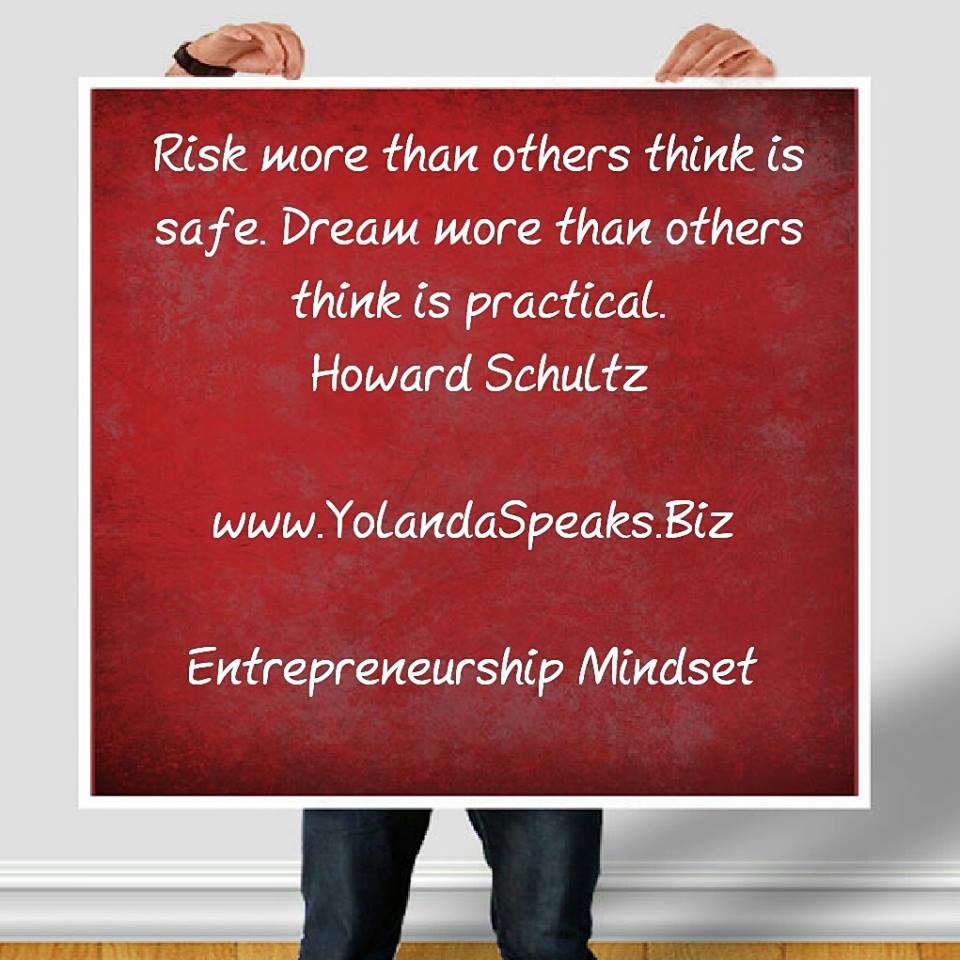
ENTREPRENEURS ARE YOU WILLING TO PAY THE PRICE?
Built to LAST

Stories of heroic struggle against odds, survival and eventual triumph have always inspired people, given them hope, courage to fight, and encouraged them to persevere. What will your story be?
Starting a business it tough, staying business is even tougher. The fact remains that about 33% of all new ventures close down within two years, and about 50% are out of business within five years, according to theU.S. Small Business Administration. Only 1 out of four is still around 15 years after opening. However, studies also show that failed entrepreneurs are far more likely to be successful in their second go-around, provided they try again.
The Price of Being an Entrepreneur is:
NOT SLEEPING PROPERLY
WORKING OTHER ODD JOBS TO MAKE IT
NOT BEING ABLE TO HIDE
NEVER PASSING THE BUCK
BEING THE LEAD SALESMAN
WAKE UP EARLY, EVERY DAY
WORK HARD, 7 DAYS A WEEK
LOSE YOUR PERSONAL SAVINGS
TIME AWAY FROM YOUR FAMILY
BEING RESPONSIBLE FOR PAYROLL
ALWAYS TELLING THE TRUTH TO YOURSELF
The steel tycoon who grew up in a one-room weaver’s cottage: Andrew Carnegie

This American industrialist, the founder of Carnegie Steel – a company that produced more steel than all of Great Britain at one point – was born to a poor handloom weaver in Scotland. He grew up in poverty, living in a one-room house, often sleeping to “forget the misery of hunger”. To fight starvation, his family migrated to the US. His first job was at age 13 as a bobbin boy, changing spools of thread in a cotton mill 12 hours a day, 6 days a week in a Pittsburgh cotton factory.
The retail giant who had to milk cows, deliver newspapers: Samuel Walton

This American entrepreneur, who built a small grocery store into the giant Walmart supermarket chain, amassing a fortune of over $23 billion, grew up during the Great Depression. He had numerous chores to help make financial ends meet for his family as was common at the time. He milked the family cow, bottled the surplus, and drove it to customers. Afterwards, he would deliver Columbia Daily Tribune newspapers on a paper route. In addition, he also sold magazine subscriptions. During his college, he worked various odd jobs, including waiting tables in exchange for meals. After graduation, he joined the US Army during the World War II. After the war, he left the military and started managing a variety store at the age of 26.
The Queen of all media: Oprah Winfrey

Best known for her multi-award-winning talk show The Oprah Winfrey Show — the highest-rated program of its kind in history — Oprah Winfrey is dubbed as the ‘Queen of all media’ and ranked as the richest African-American of the 20th century.
She was born into poverty in rural Mississippi to a teenage single mother. She was later raised in an inner-city Milwaukee neighborhood. While in high school, she landed a job in radio and began co-anchoring the local evening news at the age of 19. She got transferred to the daytime-talk-show arena because of her emotional ad-lib delivery.
She became a millionaire at age 32 when her talk show went national. She is credited with creating a more intimate confessional form of media communication. Forbes’ international rich list has listed her as the world’s only black billionaire from 2004 to 2006 and as the first black woman billionaire in world history. As of 2014, she has a net worth in excess of 2.9 billion dollars and has overtaken former eBay CEO Meg Whitman as the richest self-made woman in America.
The poor Ukrainian immigrant who became a Silicon Valley mogul: Jan Koum

Image credit: jewishbusinessnews.com
When Facebook announced that it was buying mobile messaging startup WhatsApp for $19 billion in February 2014, that caused quite a stir. Jan Koum, the startup’s cofounder became the most talked about entrepreneur overnight. Media reported that the WhatsApp floored Mark Zuckerberg so much that the record offer was made so that the two could become “friends.”
Tyler Perry

Tyler Perry wrote to his fan base. “Do you know how many times I tried to be successful at doing plays before it finally worked? From 1992 until 1998, every show I put on flopped. No one showed up, and I lost all my money.
I wanted to give up. I thought I had failed, but the truth is, I never failed. Each and every time the show didn’t work, I learned something new. I learned what not to do and what I could do better,” wrote Perry, whose first staged play, “I Know I’ve Been Changed” was considered a financial failure when it first debuted in 1992 before he revamped it and found success taking it on the road and touring from 1998 to 2000.
“You have to understand that what you may perceive to be a failure may very well be an opportunity to learn, grow, get better, and prepare for the next level. If you find the lessons in what you perceive to be failures, then you won’t ever fail at anything,” said Perry.
Are you willing to pay the price?
In every success story, you will find someone who has made a courageous decision. — Peter F. Drucker
